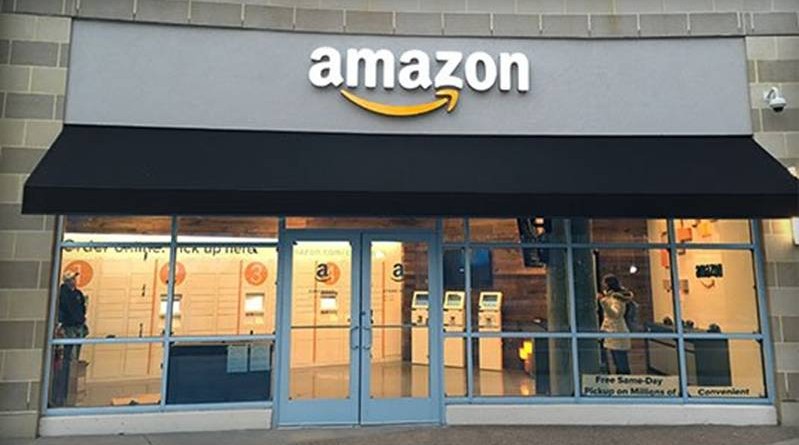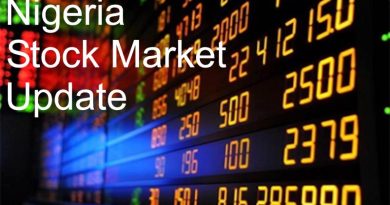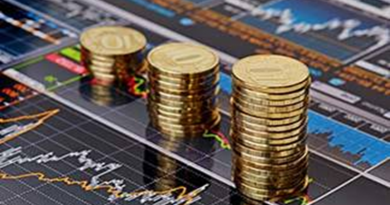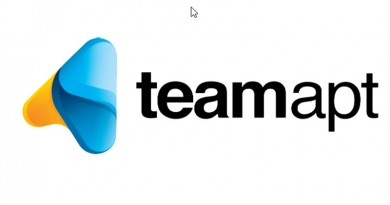Your Amazon orders could be counterfeits – Angellist
It feels like evvveryone is hopping on the Amazon train. With one-hour delivery, massive Whole Foods discounts, and near-instant drone delivery (coming soon), there’s a lot to be excited about.
While every new feature Amazon rolls out generates massive news coverage, there is another side of Amazon’s commerce platform that flies relatively under the radar. Fulfilled by Amazon (FBA)– where thousands of independent shops, manufacturers, and distributors sell their own products directly on Amazon— has spawned a blossoming ecosystem where entrepreneurs are thriving.
FBA was born out of Amazon’s own hyper-efficient fulfillment centers, which manage billions of items owned and sold by Amazon. Instead of purchasing new products themselves, Amazon allowed anybody to ship their products directly to their fulfillment centers. Items purchased by customers are fulfilled by Amazon, who takes a percentage of the sale.
The Fulfilled by Amazon Ecosystem
Some businesses are thriving in the Fulfilled by Amazon ecosystem:
3rd party sellers: The most obvious category. Entrepreneurs selling goods through FBA, from paperbacks bought at yard sales to lip balm mass ordered from China, generate over $22bn in revenue every year.
Take Harsha Atluri, who sold over $200k working nights in college:
“Some sellers go directly to manufacturers or sign distributor agreements, but that’s difficult as a solo operation. I source products from Craigslist, yard sales, thrift shops, and online auction sites.”
Software for sellers: There are dozens of products to help sellers manage their inventories, accurately track sales, identify new hot products, and encourage customers to review their products. AMZBase, FeedbackWhiz, Sellics, CashCowPro, JungleScout, and Amazon’s official Amazon Seller app are just a handful.
Black hat services: While the above help businesses legitimately compete for sales, sketchier services have cropped up. Some nefarious sellers hijack listings by selling counterfeit products listed for a fraction of the actual price. Amazon’s counterfeit detection is often lacking, so legitimate sellers, who pay more to manufacture their products, are forced to compete with counterfeiters who skimp on quality.
Some sellers will also refund customers for positive, authentic reviews of their product to boost the item in Amazon’s search rankings. Sellers find reviewers on Facebook groups like Amazon Review Club, whose 32,000 members promise free children’s backpacks, gaming headphones, and makeup for positive Amazon reviews.
Our friends at Reply All dug deep into the nefarious world of Amazon counterfeiting and fake reviews on their podcast.
The Amazon Consumer Ecosystem
Another wave of Amazon-related startups are helping shoppers save:
Paribus fights for cash back on your behalf when prices drop. Acquired by Capital One in 2016, the tool scans your Amazon receipts for items and automatically files complaints on your behalf when prices fluctuate.
ShadowBid is a bit more patient: instead of filing price complaints, the service allows you to set a price for any Amazon product… then places the order automatically when the price drops.
PriceAlert is exactly what it sounds like. Set an item and price, and it’ll let you know when the price drops. Camel Camel Camel (web), Fluctuate (Android), and Amazon Price Tracker (Google Sheets) are similar.
Purse gives anyone 5-25% off any Amazon item… if you pay in bitcoin. The service connects bitcoin holders (you!) with Amazon gift card holders around the world who want to trade in their credits for digital currencies at a discount.
Angellist





